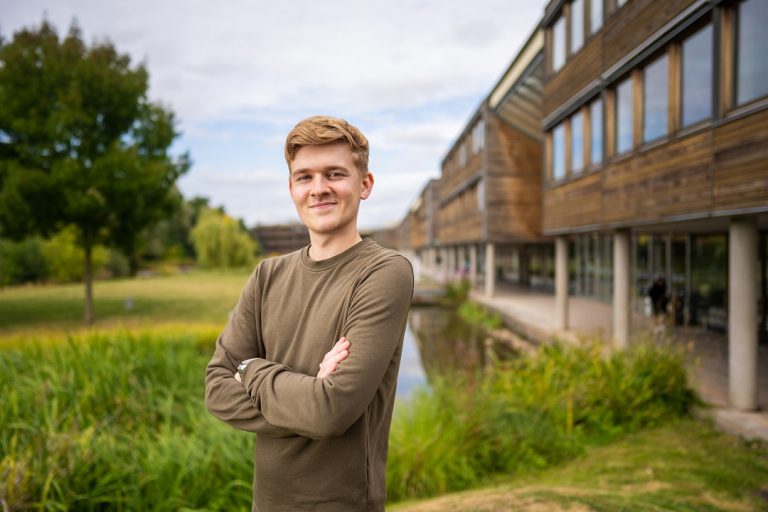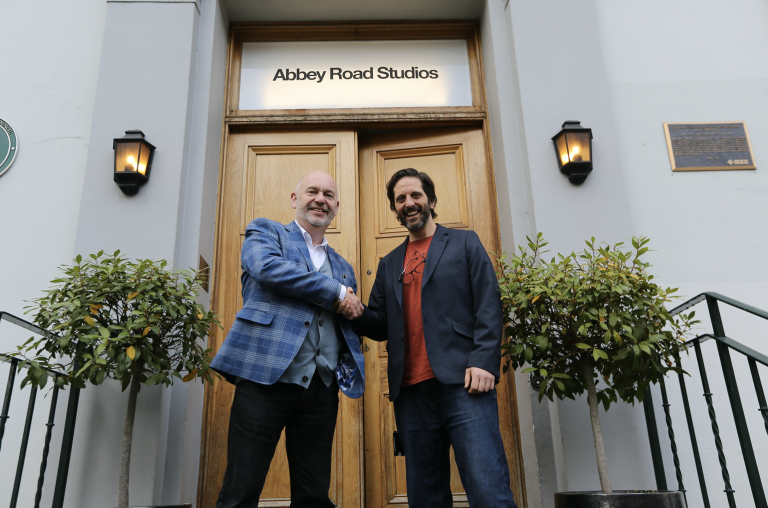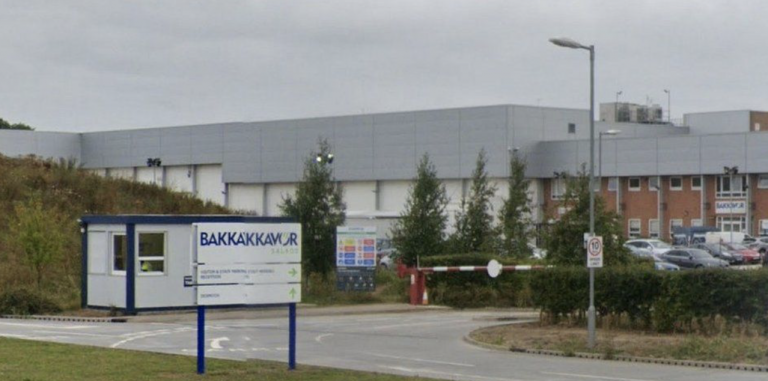New owners for pair of high-dispensing Halifax pharmacies
Frenchgate partners with Yorkshire Wildlife Park for a competition to name polar bear
Yorkshire carbon consumption levels rise due to the cost of living crisis
Fall in GDP sets country on course for quickest return to recession in almost half a century
Freshney Place development planning application submitted
Innovative Lincolnshire climate business vying for top national award
100 tonnes of steel prepared and delivered as Brough construction company starts on £5m factory
Over 100 tonnes of steel has been prepared and delivered as a Brough construction starts on huge new hi-tech production centre.
CambridgeHOK is constructing a huge new packhouse in a £5m project which will see a hi-tech facility built able to package and store millions of tomatoes and cucumbers per year. As part of the project, CambridgeHOK was tasked with designing and building the facility in Ely, Cambridgeshire, including foundations and civils, structural steelwork, external cladding, cold store panelling and the mechanical and electrical systems. The client, Fenland Glasshouse Limited, is a company owned by funds managed by Schroders Greencoat LLP. 100 tonnes of steel, including trellis beams up to 16m long, were prepared by CambridgeHOK over a three month period and delivered to site. That work included 1,136 welded assemblies, and the need for steelwork to be sent to a specialist galvanisers with a 21m long bath, such is the length of steel used, making it the largest Venlo style building ever manufactured at CambridgeHOK’s East Yorkshire factory. The 3,600m2 packhouse is to be constructed ready for the first of the 2023 crop to be processed in March. Fenland is the latest glasshouse project to be built using funds managed by Schroders Greencoat LLP. It is one of the largest ever constructed in the UK with a footprint of over 22 hectares, and one of the most advanced, using LED lighting to accelerate growth whilst warming the structure using water-source heat pumps. Louis Bradley, joint managing director of CambridgeHOK, said: “We were of course extremely pleased to secure this project from a true leader in energy efficient glasshouse production, and ahead of competition from Dutch builders. “This site grows tomatoes and cucumbers for UK consumers in high-tech greenhouses using sustainable energy and the new packhouse will house the latest packing technology, allowing thousands of fresh tomatoes and cucumbers to reach the shelves of British supermarkets each day, and throughout the year. “This project is a great fit us as it allows all of the disciplines within the company to be involved in contributing to the true turnkey delivery.” Production of the steelwork was overseen by CambridgeHOK’s factory manager Simon Goff. He said: ““This has been a unique project for us to design and project manage given the sheer size and weight of some of the steel involved. “We had to complete the steelwork and transport it for galvanising in three stages, each time then delivering to site. We are talking huge pieces of steel, with a roof truss 16 metres long and a building standing nine metres high. “It has been a great project to oversee personally and its now over to our construction team to build over the coming months. After all the hard work in the factory it will be great to see the structure now begin take place.” CambridgeHOK has a Certificate of Factory Production Control (FPC), issued by the Steel Construction Certification Scheme, which confirms it is qualified to produce ‘load bearing and welded structural steel components up to EXC 3’ – in accordance with BS EN 1090-2-2018 and the UK Designated Standard BS EN 1090 – 1:2009+A1:2011. Each part welded and manufactured is 100% traceable throughout its entire lifecycle, providing quality assurance for clients.Abbey Road helps medtech start up company prescribe music to patients
The venue is renowned for its creativity and technological excellence. It is a global icon that has been the musical home to The Beatles, Pink Floyd, Shirley Bassey, Cilla Black, Ed Sheeran, Kanye West, Lady Gaga, and Adele; to name but a few.
Incubation at Abbey Road Red will provide MediMusic with a development springboard to explore the effect of sound on physiology, relationships with key music and technology industry stakeholders, and advice from Red’s specialist mentor network. MediMusic – is the brainchild of Gary Jones and Matt Wheldon. It works by fingerprinting algorithms which scientifically mimic the human brain’s response to individual music tracks. Personalised playlists are auto-created that cause a positive physiological and emotional response. And, by using an optional heart rate monitor their Artificial Intelligence-driven Digital Drip™ analyses a listener’s physiological response to the playlist tracks. The Digital Drip knows what that response should be. If the heart rate falls outside of the expected threshold subsequent tracks are swapped out in real-time to bring the heart rate back in line and the resulting data is captured by the Digital Drip for future use by a machine learning process, to refine subsequent playlist creation. Red will help MediMusic refine and launch its next set of features including new bio-markers alongside heartrate, machine learning to fine-tune its dataset and improve its automated playlist curation, an enhanced set of proprietary data identifiers to describe the medical effects of songs, tackling the new area of pain reduction with music, and more. Gary Jones, co founder of MediMusic said ““We’re thrilled to have the support of Abbey Road Red and its music tech incubator programme to develop our revolutionary innovation of prescribing music as medicine. MediMusic has managed to digitally fingerprint the DNA of music so we can deliver the right songs as medicine to ease anxiety and stress. You could say it’s a musical pharmaceutical. Our initial clinical trials prove it has a very encouraging future in the treatment of patients. Using our technology, doctors, nurses and care home workers will be able to monitor the effect of the music in a clinical environment and see the benefits for themselves. “Using MediMusic could also reduce the use of drugs in treating anxiety and pain in patients by up to a quarter, thereby saving money for the NHS. “We passionately believe dispensing music as medicine is going to revolutionise the treatment of people in pain and stress, and we’re honoured that Abbey Road Red will help us on this journey.”











